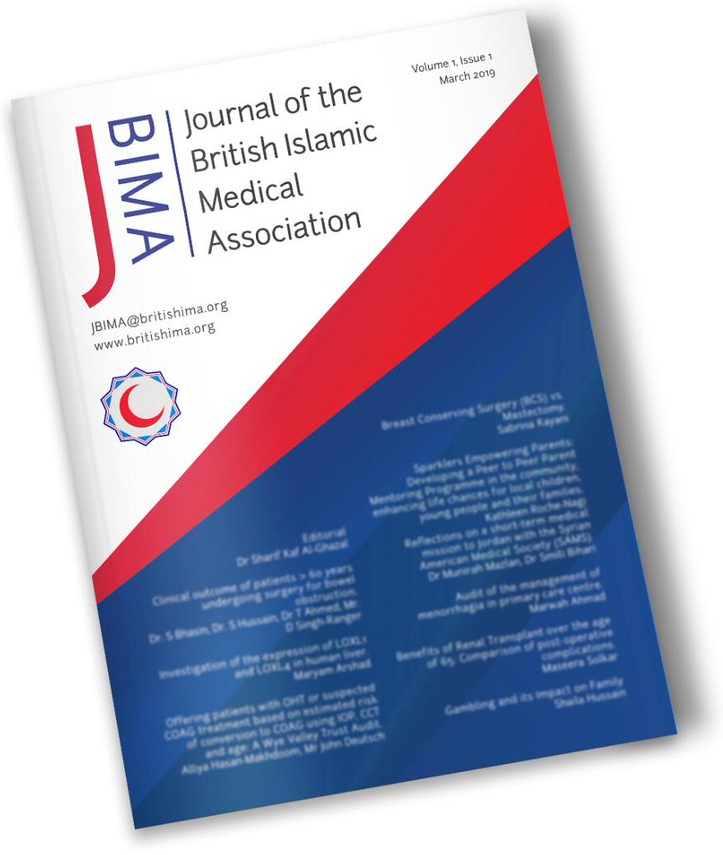
‘O you men! surely We have created you of a male and a female, and made you tribes and families that you may know each other” (Quran 49:13).
Practical definitions of Islam
If we try to find a practical definition of Islam, we can say that Islam is the religion of the individual, the society and the nation. Islam is the religion of creating positive developmental changes in societies.
Why Volunteer?
- Offers the chance to give something back to the community
- Allows you to make a difference to the people around you
- Provides an opportunity to develop new skills or build on existing experience and knowledge
- Is challenging and rewarding
Characteristics of a ‘Social Leader’
- Not afraid to work where no one else does
- Ensures the comfort of others and advocates for goodness that binds the hearts of everyone
- Is able to compromise
- Is humble, patient and a good listener to the people and the community
- Always optimistic, proactive and brings forward new initiatives
- Respects all those around him/her, without preference or discrimination
- Recognizes the achievements of those around him/her
- Encourages everything that contributes to building the community and empowering community members to work harder
Health Humanitarian Projects
Health projects should look after the community as a whole. They need to be simple and holistic, and should focus on building the capacity and the efficiency of health care services in the community. These can be achieved by giving attention to the following points:
- Respecting the traditional medicines and the culture of the community by trying to integrate modern medicine with good practices that are present in society. We should create an awareness of the ethical and practical aspects of doing humanitarian and medical relief work so that we are more thoughtful and can develop awareness of the bigger picture of the needs of the community.
- Highlight the role of community /religious leaders and the media in promoting good health practices and general public health programs. Care should be given to projects promoting ‘preventive’ medical programs, as prevention is better than cure.
- Women’s health: giving priority to programs caring for women’s health and encouraging women to join the medical field as doctors, nurses and midwives.
- Providing clean drinking water: contaminated water can transmit diseases such as diarrhea, cholera, dysentery, typhoid and polio. Health costs associated with waterborne diseases such as malaria, diarrhea and worm infections represent more than one third of the income of poor households in sub-Saharan Africa. (https://www.who.int/sustainable-development/cities/health-risks/water-sanitation/en/)
- Impact: some health projects have relatively low costs, but have a big impact on the lives of the people and the society as a whole. An example of such project is the ‘Cataract operations’ or blindness prevention projects.
- Innovation: transferring the medical knowledge and technology is important, however, we should also be innovative and continuously look for new ways of providing good health care.
- Needs Driven: it is also very important to mention that we should not be driven by the will of donors. The needs of the community should determine the type of projects implemented. We should maintain a balance between emergency relief and long term developmental issues.
It is therefore imperative that the healthcare community in the UK engage with medical humanitarian projects and help those who are less fortunate, particularly in the developing world and disaster-hit areas.

